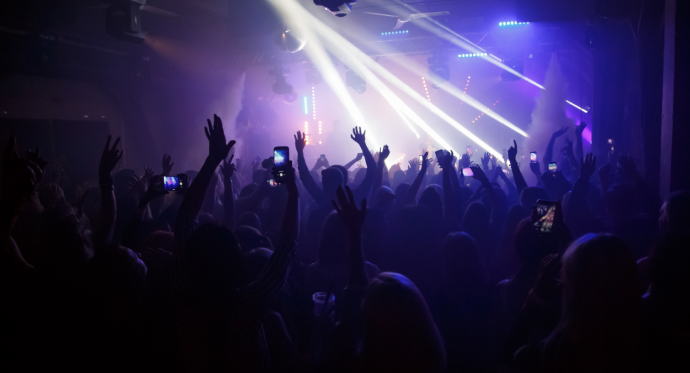Fabrice Etilé* and Pierre-Yves Geoffard*
This article was originally published in the Mars 2021 edition of the 5 papers… in 5 minutes.

The second wave of the COVID-19 epidemic in France began among young adults then spread to older groups. The factors that might explain the drop in prevention efforts during this period are varied, but include the objectively low individual health risks, so-called pandemic fatigue, and the need for social interaction.
In this article, Fabrice Etilé and Pierre-Yves Geoffard explore an additional trigger: voluntary exposure to the risk of being contaminated by the SARS-Cov2. Voluntary exposure to the risk of infection is little documented even though it appears during every epidemic. In the present case, US media, for example, reported rumours last spring of “Covid parties” at which young people gathered voluntarily in the presence of contagious people, hoping to be infected. While such practices were not confirmed, the existence of these rumours points to the fact that a decreased effort to protect oneself against the risk of infection can be a rational individual strategy of adaptation to the epidemic. The COVID-19 epidemic has created a great deal of uncertainty about the future, especially among young people. The health and economic threats, as well as other more diffuse concerns about the social consequences of the epidemic, can provoke anxiety. A rich literature in psychology and in economics shows that anxiety can push individuals to adopt uncertainty-reducing behaviours. Contracting COVID – a low-risk event for a young adult – would be adaptive conduct in that it will ultimately reduce the uncertainties and anxieties of the moment.
The authors tested whether anxiety was associated with an increase in the Willingness to be Exposed to the Risk of Infection (WERI) by the COVID-19 virus, using an online survey of 3,110 French people aged between 18 and 35, conducted during the first lockdown (April 2020). The participants had to rank, on a scale of 1 to 10, how prepared they were to risk being infected by the COVID knowing that that would render them immune for a certain period. In total, 56.5% of the sample was declared WERI positive. Unemployment is associated with a higher WERI (+8.2 percentage points), as is income: on average, someone who receives 1000€ (per month) more than another has a slightly higher WERI (+2.6 points). Thus, as many unemployed young people as those at the beginning of remunerative careers expressed a significant desire to expose themselves to the virus. The anxiety linked to this psychological state ––measured on the Spielberger scale –– is also positively associated with WERI, while a perceived increased risk of hospitalisation is linked to a decrease in WERI. Overall, the empirical results reported in this article suggest that both the perspective of economic loss and psychological anxiety can undermine adherence to physical distancing recommendations among young adults. Public policy that targets young people must take into account both their economic situation and their mental health, and then prioritise communication strategies that reduce uncertainty.
………………..
References
Original title of the article: The sooner the better? Anxiety Increases the Willingness to Be Exposed to Covid-19 Risk among Young Adults in France
Published in: PSE Working paper n°2020-80
Available at: https://halshs.archives-ouvertes.fr/halshs-03066539/
Credits (picture) : Shutterstock Rimgaudas Budrys
* PSE member
